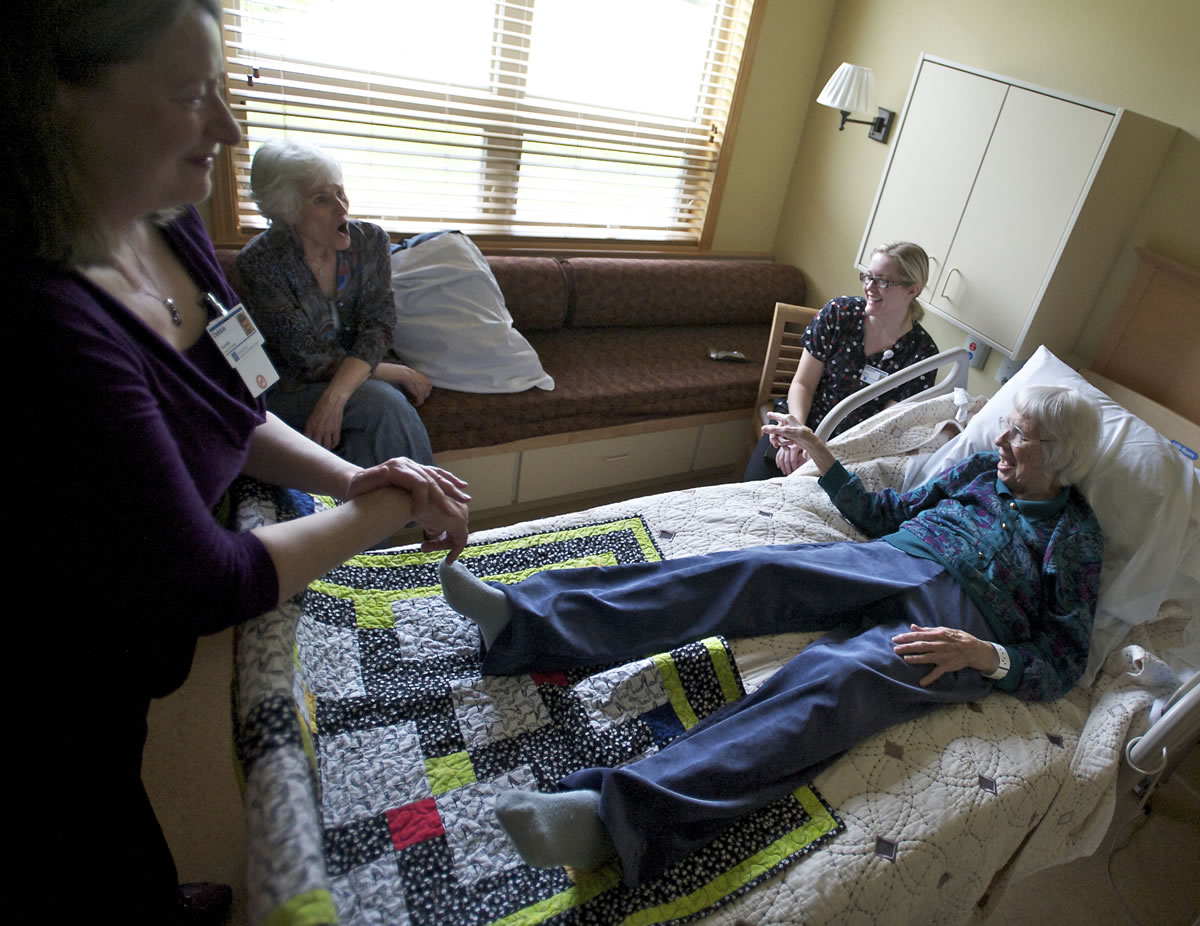This is National Volunteer Week — also referred to as Volunteer Appreciation Week.
“Although National Volunteer Appreciation Week is a time for us to honor our volunteers, volunteer groups often contact us to take on projects during this specific week each year,” said Susan Oberst, director of volunteers for Share, which provides services for the hungry and homeless. “We are lucky to have so many dedicated volunteers, who donate not only their time, but their money and resources to completing projects throughout our shelter and housing system. We are truly thankful for them and could not accomplish all that we do each year without their support.”
In fact, when winter weather is raging and Share and its network of shelters runs out of space for the homeless, it’s a largely volunteer-run organization that picks up the slack: The Winter Hospitality Overflow puts people up on a couple of local church floors. Nearly 2,000 local volunteers sign up for this effort annually, many putting in overnight shifts.
Parks and patrols
Volunteering can mean pulling on your work gloves and hauling a shovel over to a dewy site on a Saturday morning for a few hours of tree planting or ivy pulling. Or, pulling on your sports shorts and coaching whistle for a few hours of helping kids learn the rules of the game.
“Parks and Recreation is always about having fun, and that’s true of the volunteer opportunities, too,” said Heath, Vancouver’s volunteer coordinator. All told, she said, volunteers who came to Vancouver’s great outdoors either through Parks and Recreation or Public Works donated nearly 40,000 hours of labor in 2012.




